
News writer
The rumors were flying around for months, but the gossip has finally been confirmed — there are some major changes coming to Mega Millions in 2025!
One of the biggest changes is the increase in ticket prices for the popular multi-state draw game. While Mega Millions is definitely one of the biggest lottery games out there, what does this price increase mean for everyday lottery players? What does it mean for state funding or even the lottery industry as a whole?
We are going to take a deeper look into these changes to the Mega Millions game and see what these higher ticket prices might do to the game. It does mean bigger jackpots, but at what cost? Are they taking the risk of alienating casual players who look at playing the lottery as an affordable entertainment, but now it might not be as affordable for them?
Background: The Mega Millions changes in context
On October 7, 2024, lottery officials finally put the rumors to bed and confirmed there would be some big changes coming to the Mega Millions draw game. The changes, which will take effect in April 2025 and impact the game in all U.S. states and territories that play the game.
What are these changes? Here is a breakdown of what is to come in 2025:
- Improved odds: Want better odds of winning the jackpot? It has happened, as the odds of winning the jackpot will go from 1 in 302 million to 1 in 290 million.
- Bigger jackpots: You will have better odds of winning the jackpot, which is expected to be bigger more frequently. In part because the starting jackpot will increase from $20 million to $50 million. With this combination of a higher starting jackpot and increased ticket sales from the higher price, we should see bigger jackpots more frequently.
- Megaplier automatically: Before, players could choose to add the Megaplier option for $1 per play. This would increase any non-jackpot winning ticket by whatever multiplier is drawn for that drawing, from 2x up to 10x. Now, players won't have to choose to add in the Megaplier option, as each ticket will come with it.
- No breakeven prizes: If you have a winning ticket, that means you will win more money than you spent. There are no breakeven prizes, which means there will be no small prizes that just cover the cost of the ticket.
- Price increase: And the inevitable, Mega Millions ticket prices will increase to $5 per play. This is the second price adjustment the game has seen in over 20 years. The first price increase took place in 2017 when the ticket price increased from $1 to $2.
No changes to the number of drawings every week, as they will continue to be held on Tuesdays and Gridays at 11:00 p.m. ET.
For those wondering, Powerball has seen one price increase since the game debuted. The price went from $1 to $2 per play back in 2011.
How do these changes affect Mega Millions players?
As a person who purchases Mega Millions tickets from time to time, I have mixed feelings about these upcoming changes. I would definitely classify myself as a “casual” player. When the jackpots get higher, I'll stop into a lottery retailer and purchase five Quick Pick tickets and hope and pray my numbers come up, and I win that $1.3 billion jackpot.
Do I ever win it? No, but I am still there, buying my five Quick Pick tickets and hoping until a winner is finally crowned. Then I slip back into a hole and don't come out again until the jackpot gets high enough for me to consider buying any tickets.
With that in mind, I do start to question spending $25 on those five Quick Pick tickets compared to only spending $10, as I have been. In all honesty, I won't stop buying Mega Millions tickets once the ticket prices increase. However, I might only buy two or three tickets instead of my normal five.
In addition, I do like that the multiplier is automatically added into each ticket. I was always a little jealous that someone could multiply their winnings by 10 and I couldn't because I didn't spend the extra $1 per play. Now I get it built right into my ticket, which I will enjoy.
Like I said, I usually bought Mega Millions tickets when the jackpots got bigger. If they start having bigger jackpots more frequently because of these changes, it could mean I am buying more tickets than before the changes.
While I am more of the “casual” type player, what about the more “dedicated” lottery players? Will these price changes affect the way they play?
To be honest, I don't think it will. These are the type of players that are buying tickets for every drawing, regardless of what the jackpot amount is. They are enthusiasts, so they might even be adding in the Megaplier option for an additional $1. They are looking to hit it big by playing Mega Millions, so an increase to $5 per ticket will not scare them away.
Sure, times have been tough and a lot of people are struggling to afford to pay their bills. However, the lottery gives players the chance to dream big, so they are going to risk it to never have to worry about money again. The price increase shouldn't scare many die-hards away!
The economic impact of possible bigger jackpots
Mega Millions officials are definitely banking on the concept that the game is going to be offering bigger jackpots to its players. While players will be doling out more money per ticket, just think of all the money you could win because of the bigger jackpots that will be coming out.
The biggest Mega Millions jackpot was $1.6 billion, which was won by one lucky ticket in Florida in August 2023. The game has also had five other jackpots go above $1 billion before a winner was crowned, so are big jackpots an issue?
However, higher ticket prices mean a bigger pool of funds, which could lead to even more record-breaking payouts and further fuel the lottery's appeal. This can be tied to the concept of “jackpot psychology,” which states people are more drawn to buy tickets when they see a huge prize is available, even if they aren't regular players. As stated above, I fit into this category.
Every time the Mega Millions or Powerball jackpot gets higher and higher, we always see an increase in people buying tickets. Mega Millions officials are banking on the idea that the jackpots will get bigger more quickly and people will be buying tickets more frequently. However, does this concept hold up with the increase in ticket prices?
We are currently in an era where entertainment options are endless, and people have gambling alternatives available to them, like sports betting or online casinos. Will these players still see the lottery as an appealing investment?
Some studies show that when the price of lottery tickets goes up, a portion of players start to feel priced out of the game or, alternatively, don't spend as much on tickets. If that happens here, the strategy could backfire. While larger jackpots may still draw casual or infrequent players, long-term loyalty among Mega Millions' “dedicated” players could wane if they feel priced out of participation.
What could happen to funding for state programs?
As we all know, lotteries play a big role in generating revenue for state-funded programs, like education, environmental initiatives, infrastructure projects, and community support services. Revenue from Mega Millions also plays a huge role in bringing in money for these programs.
By raising the ticket price, Mega Millions could potentially bring in even more funding for these essential services. Of course, this is assuming that the price change doesn't discourage players.
The challenge for Mega Millions officials is balancing the goal of increasing revenue while at the same time maintaining public engagement. These higher ticket prices could lead to a decrease in participation among lower-income players, who are already spending a higher percentage of their income on lottery tickets.
This demographic often sees the lottery as an accessible form of entertainment with the dream of hitting it big and winning a life-changing amount of money. However, a higher price point could impact their participation. If ticket sales drop as a result, the anticipated boost to state revenue might not materialize as planned.
States that rely heavily on lottery funds may find themselves in a difficult situation. Programs supported by these funds are often crucial to local communities, especially in areas where other sources of public funding are limited. If we start to see a decline in ticket sales, it could result in reduced funding for programs that many citizens rely on.
Ultimately, the impact of the ticket price increase on state funding will take time to assess. If Mega Millions can successfully draw in a wider audience with larger jackpots, the change may translate to greater revenue for the programs that rely on it.
Conclusion: The road ahead
Mega Millions is about to enter a new chapter with these higher ticket prices. The stakes are not only high for players, but for the entire lottery landscape. On the one hand, the ticket price increase could pave the way for bigger, more thrilling jackpots, keeping the game fresh and enticing for a wide array of participants.
On the other hand, this shift could push away loyal players who see the increase as a barrier, or who may feel that the value of a ticket no longer matches the investment.
It's also a scarier time for states and communities that rely on lottery funding. Will these changes bring in more revenue, as promised, or will there be a drop in sales and revenue? Only time will make this more clear. For now, we will wait and see what impact these changes will have on the Mega Millions game.
Enjoy playing the lottery, and please remember to play responsibly.
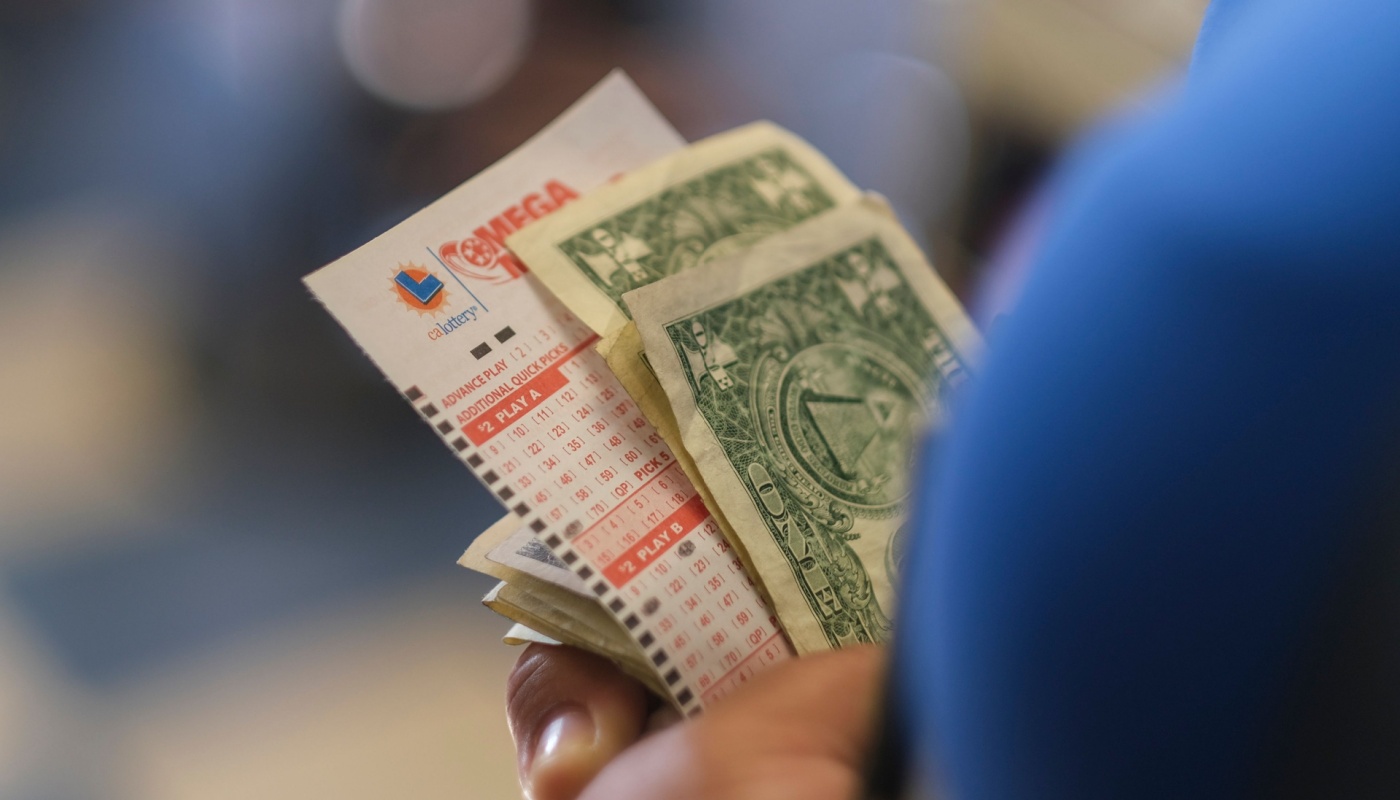
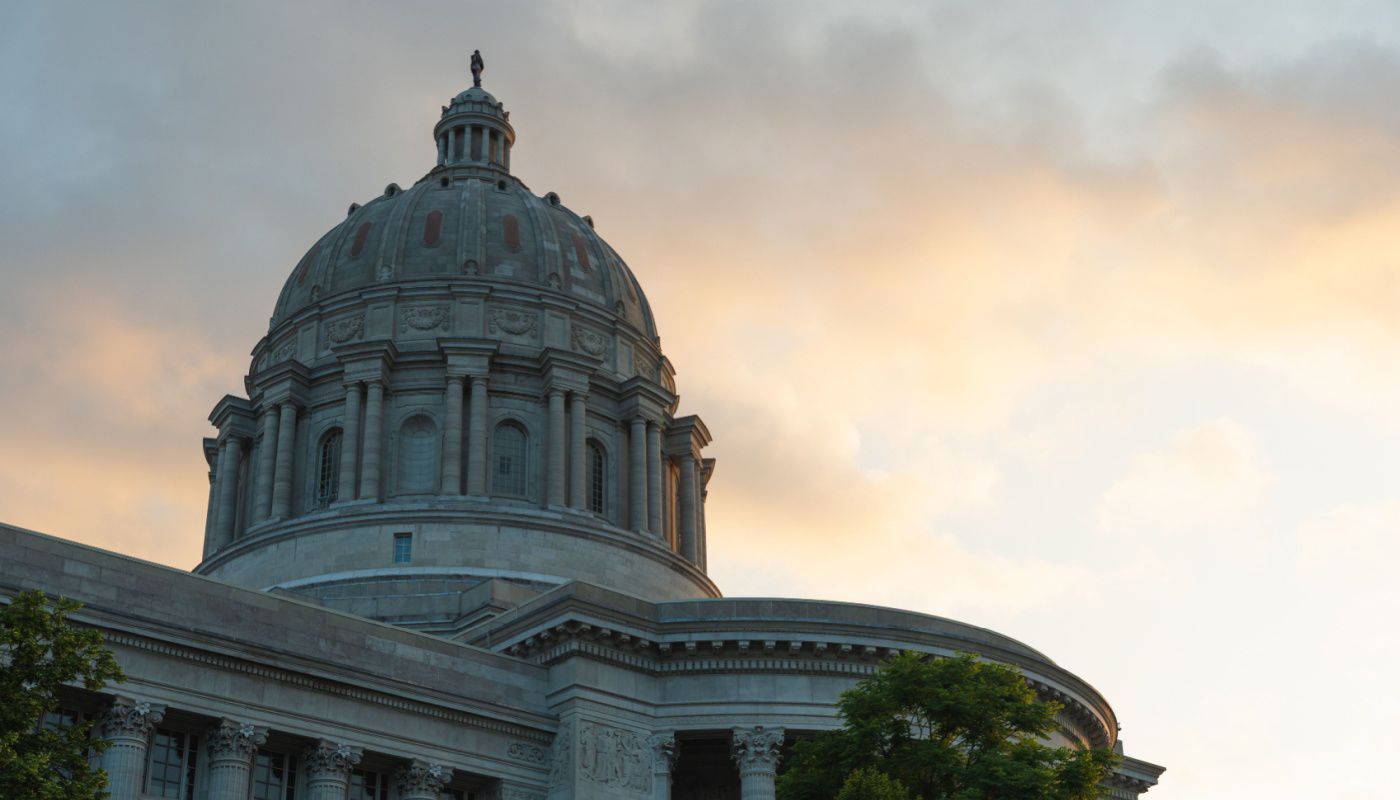
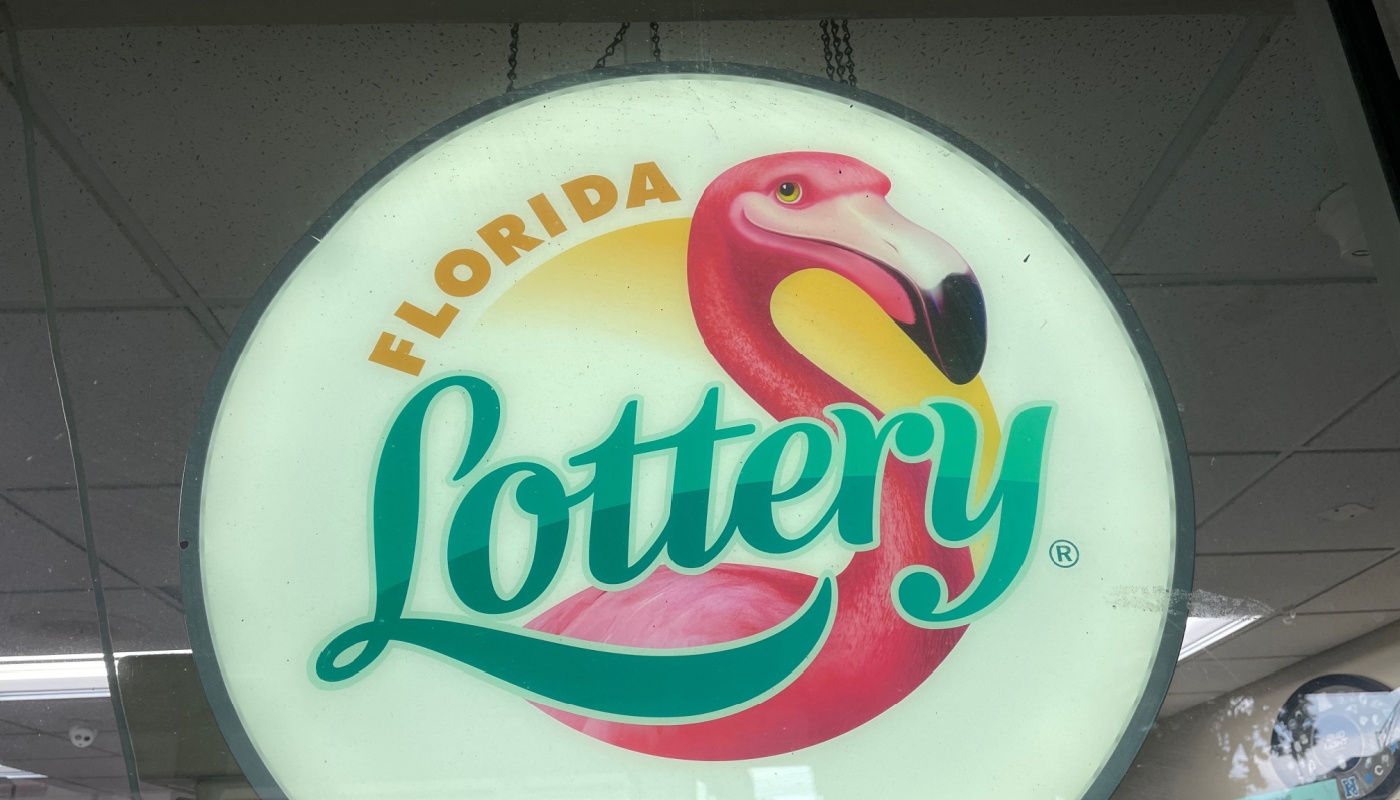
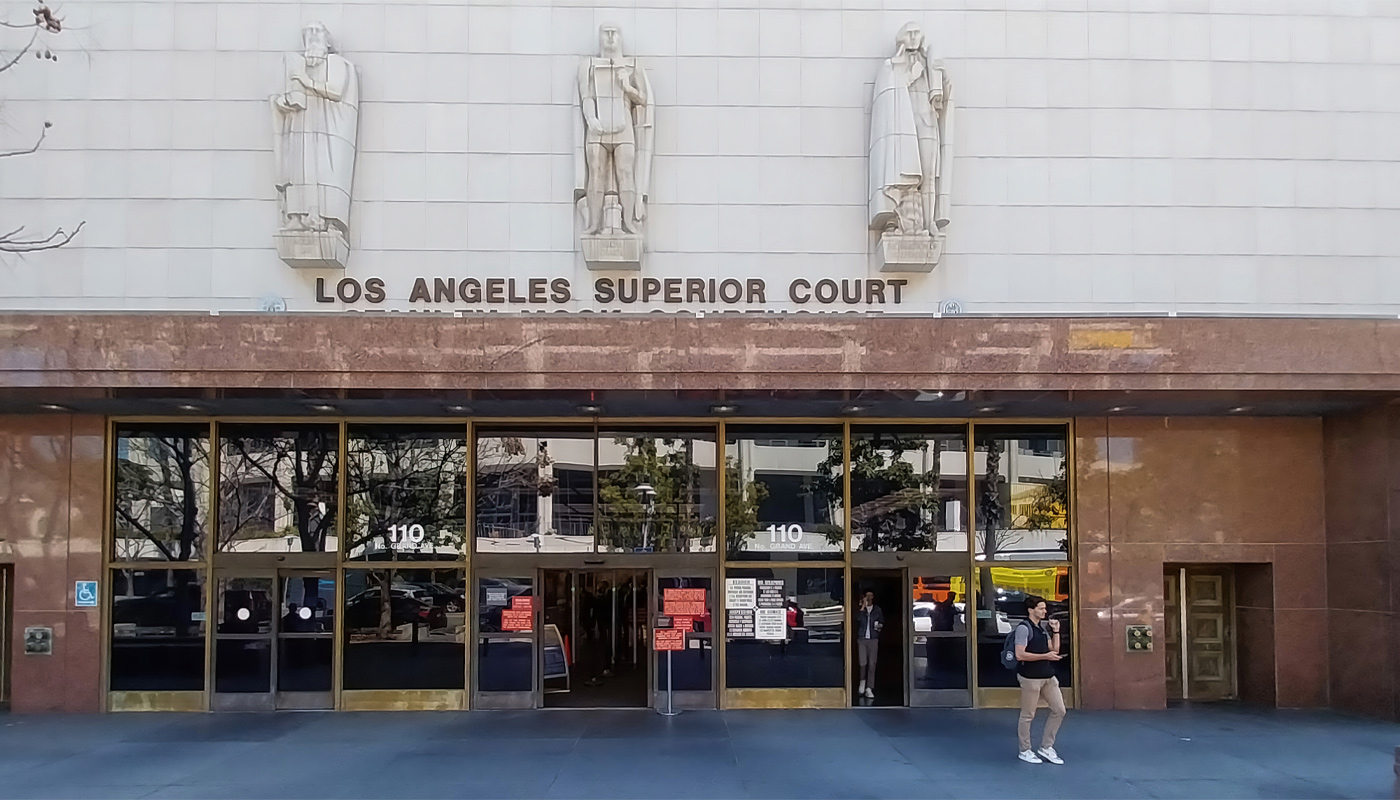
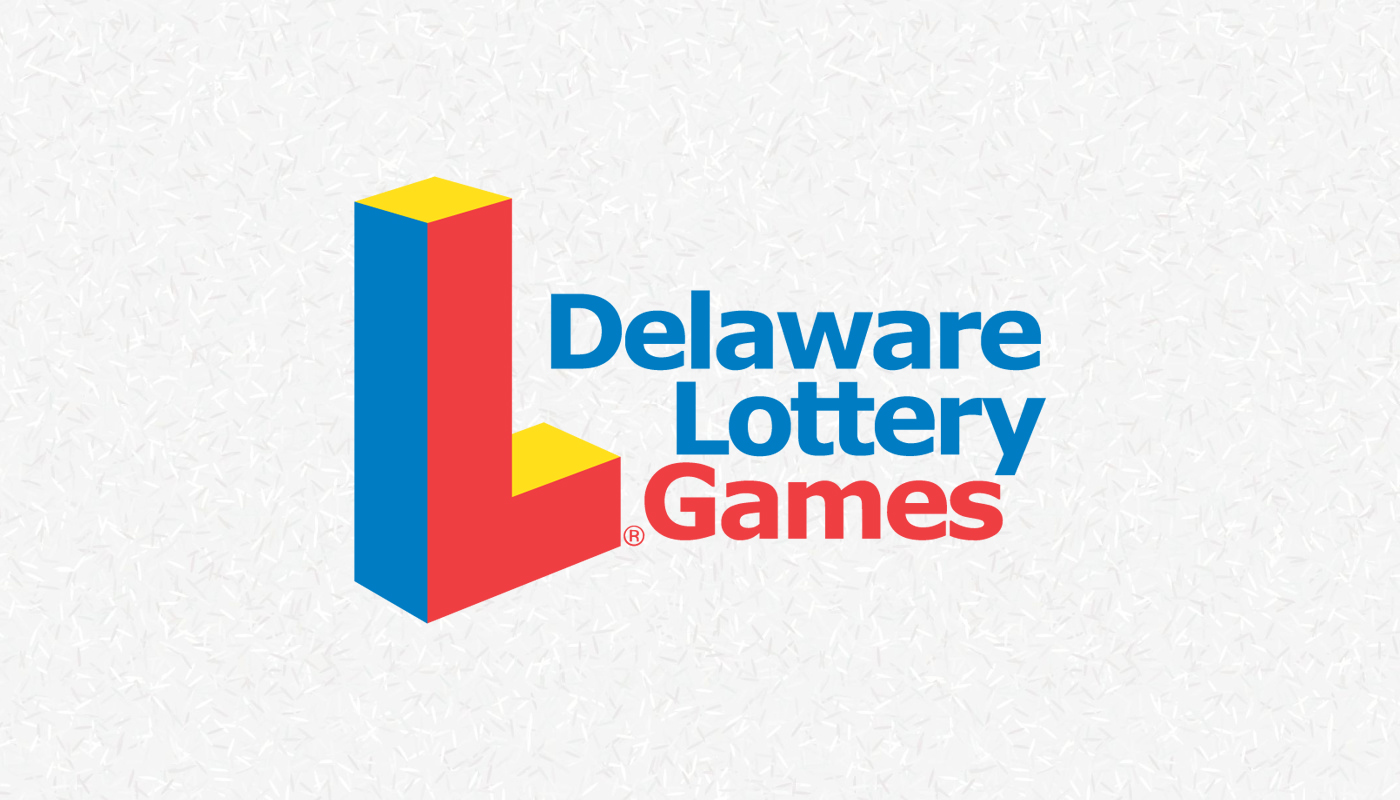

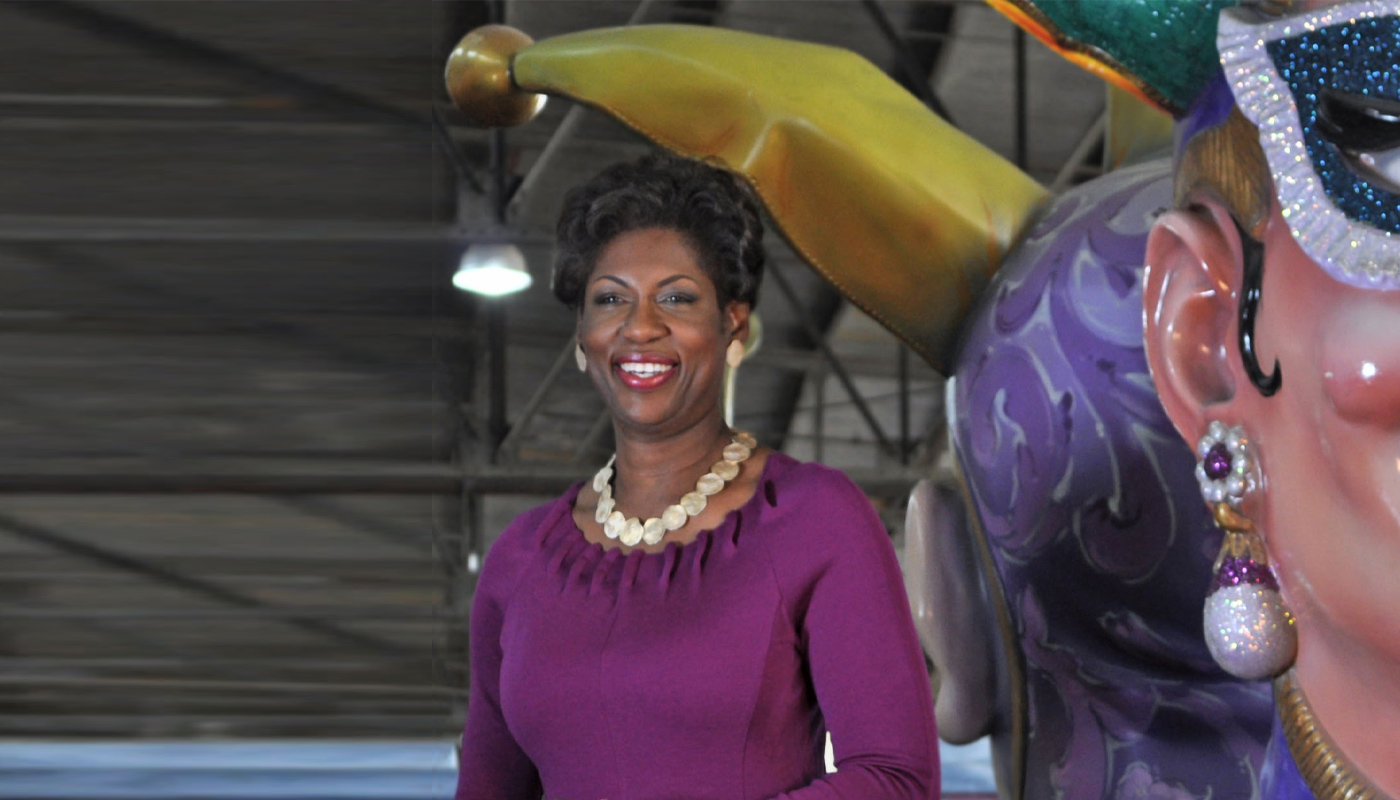

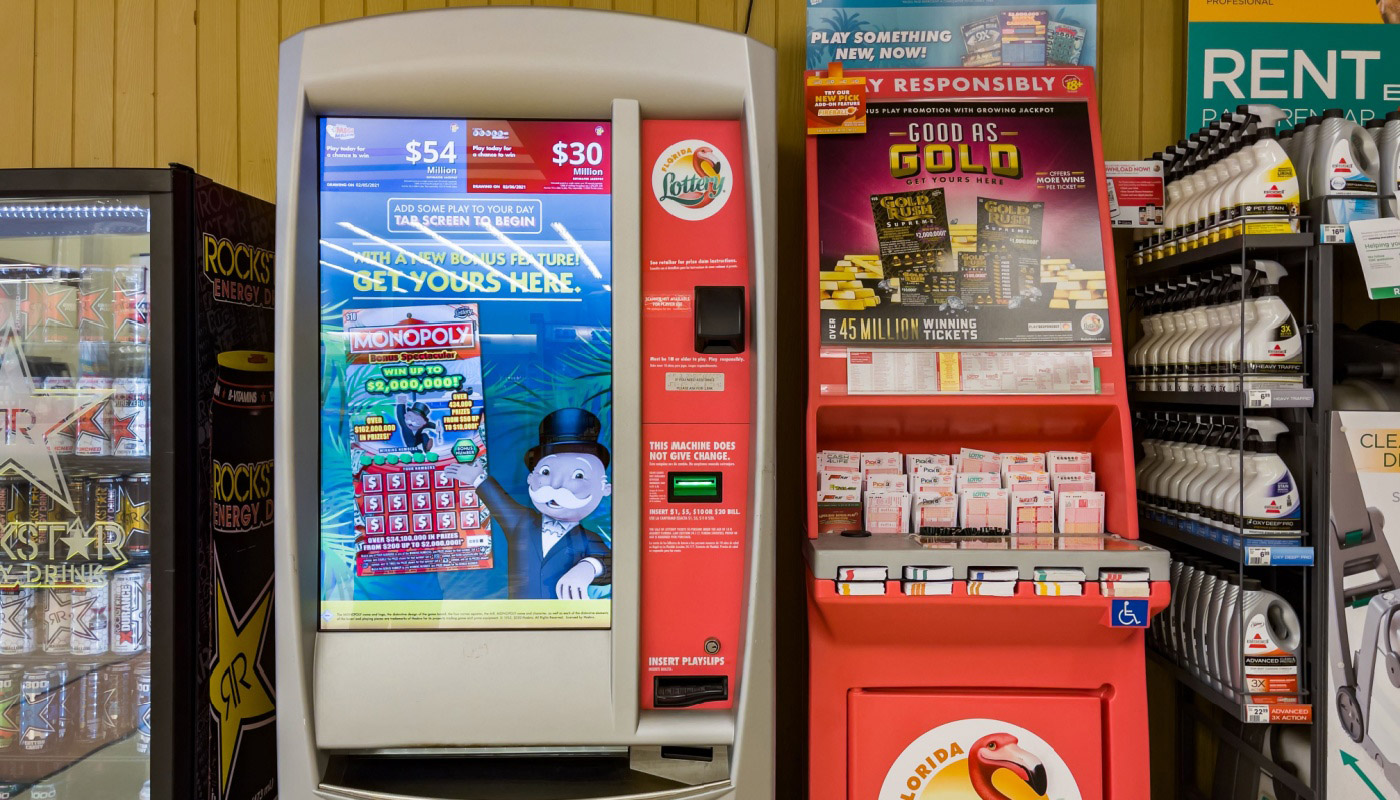










Comments